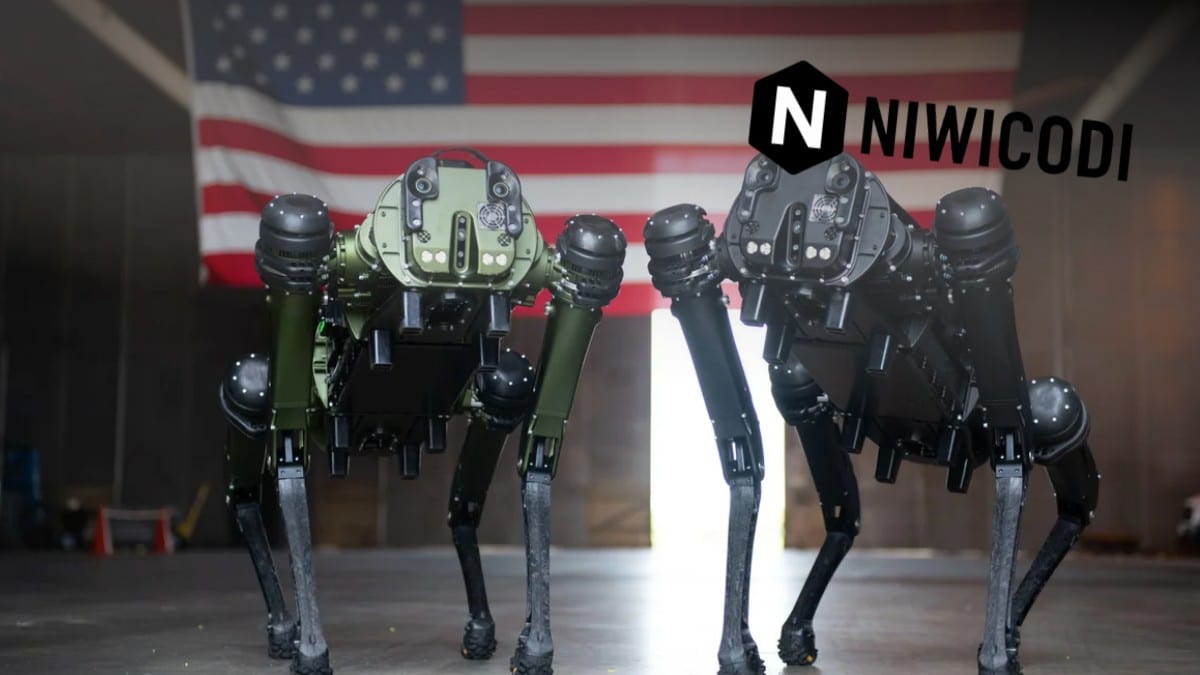In a world where technology reshapes industries at an unprecedented pace, Bone AI emerges as a fascinating player. This South Korean startup is not just tinkering with the future; it’s attempting to redefine it by melding artificial intelligence with robotics for defense applications. With a fresh $12 million in funding, Bone AI is poised to challenge the established defense giants across Asia.
AI and Robotics: A New Frontier in Defense
Bone AI’s mission is clear: leverage artificial intelligence to advance robotics in ways that traditional defense companies might find challenging. The defense sector, often characterized by its reliance on proven technologies, may not always be the fastest to adapt. Here lies Bone AI’s opportunity. By approaching defense robotics with a startup mindset, they’re not encumbered by legacy systems. Instead, they have the agility to innovate rapidly.
The intersection of AI and robotics holds immense potential for defense. Imagine autonomous drones capable of real-time decision-making in complex environments or robotic systems that can adapt to changing battlefield conditions without direct human intervention. These are not just theoretical possibilities but tangible realities that Bone AI aims to bring to life.
Why does this matter? In regions like Asia, where geopolitical tensions can escalate quickly, having cutting-edge technology isn’t just a competitive advantage; it’s a strategic necessity. The ability to deploy smarter, more adaptable systems could redefine how conflicts are managed or even deterred. To read Grok ranks Musk just below Ohtani—here’s what it reveals
However, challenging industry giants is no small feat. Established companies have resources and experience that newcomers lack. Yet, Bone AI’s approach to integrating AI into every facet of their robotics design could give them an edge in innovation. It’s not about outspending competitors but outthinking them.
This raises a broader question about the future of defense technology. As AI continues to evolve, how will it shape military capabilities? Will nations become increasingly dependent on autonomous systems? And how will these advancements impact global power dynamics?
Bone AI’s journey will be one to watch closely. They’re not just developing products; they’re potentially setting the stage for a new era in defense where intelligence is as critical as firepower. As they forge ahead, they’ll need to navigate not only technical challenges but also ethical and regulatory ones.
In an industry where tradition often rules, Bone AI’s innovative approach is both audacious and necessary. Their success could signal a shift in how defense technology is developed and deployed across the globe—a shift driven by smart machines capable of making decisions that once required human insight. As we move forward, perhaps the real question isn’t whether AI-powered robotics will change defense strategies but how soon it will happen.


